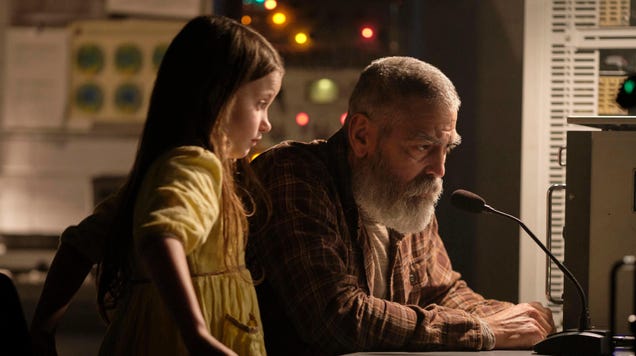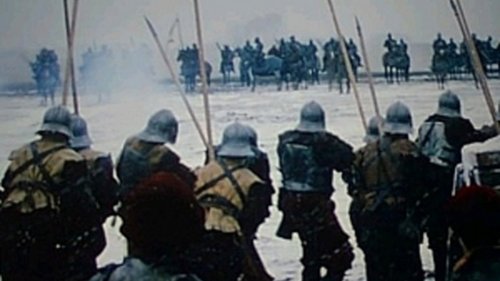Indiana Jones Trilogy (what’s Kingdom of The Crystal Skull?)
Raiders of The Lost Ark (1981):
Fast paced, fun, classic action movie with 2 film greats collaborating together in Steven Spielberg and George Lucas. Haven’t watched this in years and surprised how awesome it still is.
9.5/10
Indiana Jones and The Temple of Doom (1984):
Underrated sequel/prequel that has elements of a horror movie mixed with great action scenes, the minecart scene is probably the best part of the film.
9/10
Indiana Jones and The Last Crusade (1989):
Awesome sequel which feels like a buddy comedy at times and made me want to study more on the lore of the Holy Grail when I was younger.
9/10
A perfect trilogy. Still don’t know what this 4th film people keep mentioning is, must be some prank.
Raiders of The Lost Ark (1981):
Fast paced, fun, classic action movie with 2 film greats collaborating together in Steven Spielberg and George Lucas. Haven’t watched this in years and surprised how awesome it still is.
9.5/10
Indiana Jones and The Temple of Doom (1984):
Underrated sequel/prequel that has elements of a horror movie mixed with great action scenes, the minecart scene is probably the best part of the film.
9/10
Indiana Jones and The Last Crusade (1989):
Awesome sequel which feels like a buddy comedy at times and made me want to study more on the lore of the Holy Grail when I was younger.
9/10
A perfect trilogy. Still don’t know what this 4th film people keep mentioning is, must be some prank.
__________________
“I really have to feel that I could make a difference in the movie, or I shouldn't be doing it.“
Joe Dante
“I really have to feel that I could make a difference in the movie, or I shouldn't be doing it.“
Joe Dante





 Tackling most of his first silent films via a boxset that my wife gave me years ago was a good way to get a good chunk of his films out of the way. I also took an online course on Hitchcock a couple of years ago and I remember I saw a good bunch that year, particularly his late 30s/early 40s stuff.
Tackling most of his first silent films via a boxset that my wife gave me years ago was a good way to get a good chunk of his films out of the way. I also took an online course on Hitchcock a couple of years ago and I remember I saw a good bunch that year, particularly his late 30s/early 40s stuff.
 Check out my podcast:
Check out my podcast: